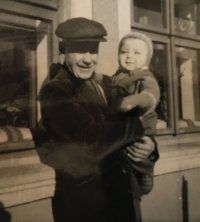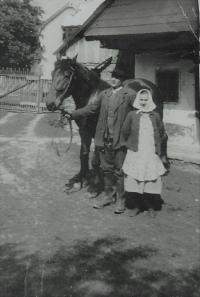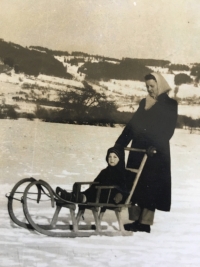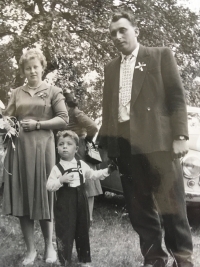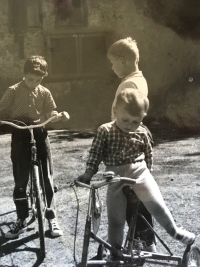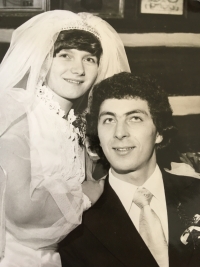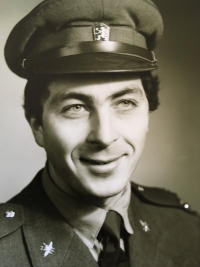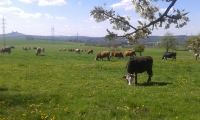I restored my grandfather’s farm, I had a sense of moral responsibility towards my ancestors

Download image
Zdeněk Brožek was born on March 18, 1957 in Radostná pod Kozákov. Both of his parents came from farming families, so they were greatly affected by collectivization. His grandfather was forced to join the agricultural cooperative and hand over all his property. Zdeněk graduated from the Faculty of Electrical Engineering and worked as a computer network administrator in the 1980s. He was in Prague in November 1989 and took part in a demonstration on Wenceslas Square on December 4. After the revolution, the family land was returned to him, where he started farming again.
